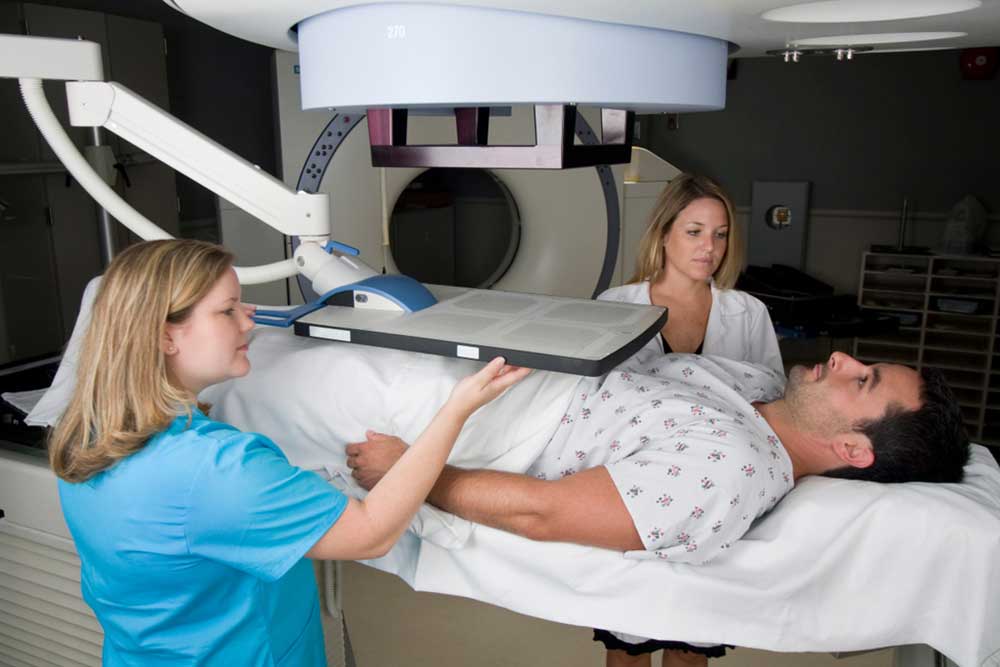Treatment Strategies for Advanced Prostate Cancer
Explore effective treatment options for advanced prostate cancer, including hormonal therapy and surgical procedures, aimed at managing symptoms and improving quality of life. While a cure remains elusive, these approaches offer hope for better disease control and patient well-being.

Understanding Treatment Options for Advanced Prostate Cancer
Prostate cancer develops in the prostate gland, a small walnut-shaped organ located between the bladder and penis. This gland produces fluid that nourishes sperm during ejaculation. When prostate cancer spreads beyond the gland to areas such as the hips, spine, or pelvic bones, it is classified as advanced prostate cancer. The disease metastasizes via blood or lymphatic systems, making management complex. Currently, there is no definitive cure for advanced prostate cancer, but treatments can improve quality of life and control symptoms.
The prognosis for advanced prostate cancer, especially when it reaches distant sites like bones or lymph nodes, shows a five-year survival rate of approximately 29%. Despite this, medical advancements offer effective approaches to manage the disease. Here are two key treatment methods used today:
Hormonal therapy
Testosterone significantly influences the progression of advanced prostate cancer. Hormonal therapy, also known as endocrine therapy, aims to lower testosterone levels to slow tumor growth and shrink existing tumors. This approach helps reduce prostate-specific antigen (PSA) levels, which are indicative of cancer activity. However, hormonal treatment may cause side effects such as reduced libido, impotence, osteoporosis, and cardiovascular issues.
Surgical interventions
If medications are insufficient, surgical options may be considered. Salvage prostatectomy involves removing the entire prostate gland to manage the disease. Another procedure, orchiectomy, involves removing the testicles to decrease testosterone production, thereby hindering cancer progression. Prosthetic testicles are often used to maintain appearance.
Combining proper medical care with healthy diet and lifestyle modifications can significantly improve symptom management and overall prognosis in advanced prostate cancer cases.
Important Notice:
The information presented on this platform covers various health topics, offering valuable insights. Readers are encouraged to consult healthcare professionals for personalized advice. The content should not replace professional medical diagnosis or treatment. The website disclaims responsibility for any inaccuracies or differences in data across sources and does not cover all available treatment options or schemes.










